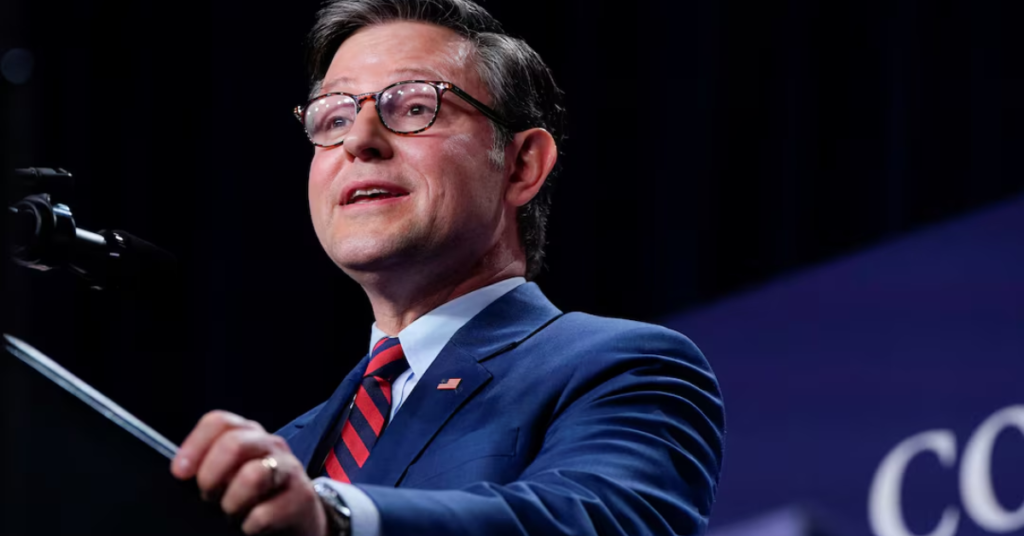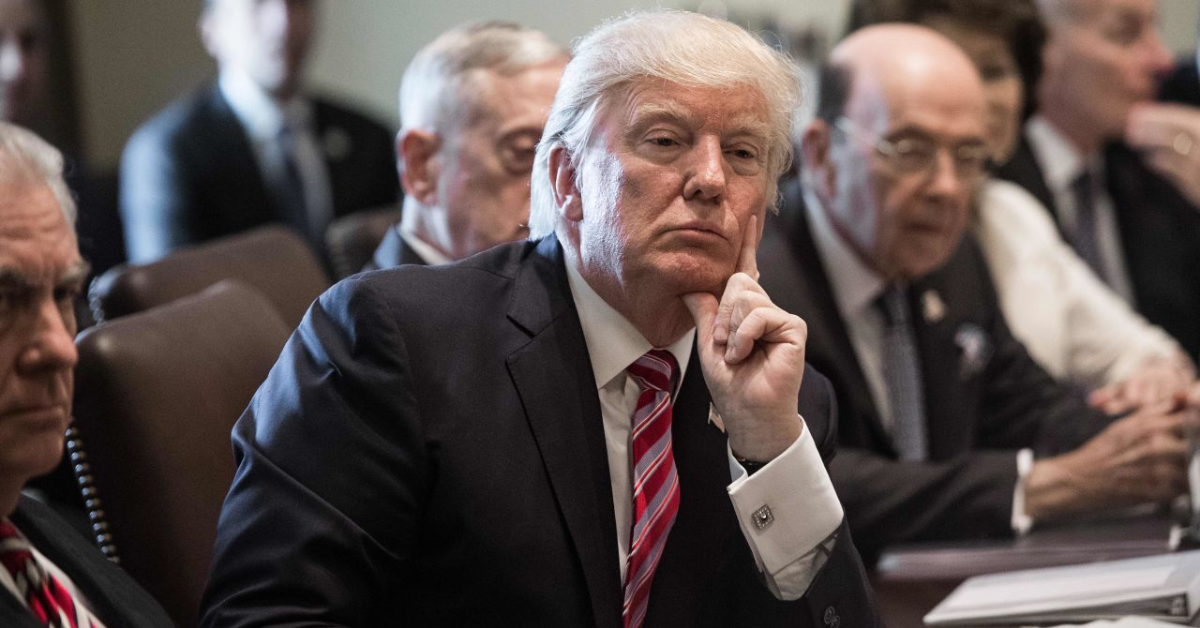The Republican Party is experiencing a shift in its stance on one of its signature policy initiatives: tax cuts for the wealthy. Once a cornerstone of former President Donald Trump’s economic agenda, the tax cuts that were aimed at high-income earners and corporations are now facing growing scepticism from within the party. This change in perspective reflects the evolving economic situation, concerns over the country’s growing deficit, and shifting voter expectations.
The Trump Tax Cuts: A Bold Move for Economic Growth
When Trump’s administration passed the Tax Cuts and Jobs Act in 2017, many Republicans hailed it as a major victory. The law slashed the corporate tax rate from 35% to 21% and also reduced income taxes for individuals across various income brackets. The intention was clear: to stimulate economic growth by giving businesses more resources to invest and individuals more disposable income to spend.
The Trump tax cuts were widely supported by Republicans who believed that cutting taxes would lead to job creation, increased wages, and a flourishing economy. Proponents argued that the reduced tax burden would allow businesses to reinvest in the economy, thus benefiting the middle class and boosting overall economic productivity.
However, as time has passed, many of the promised outcomes have not fully materialised. Critics argue that the cuts disproportionately benefited the wealthy and corporations, with little trickle-down effect reaching average workers. While some businesses saw tax breaks, wages remained stagnant for many Americans, and the deficit began to balloon.
The Growing Fiscal Deficit and Economic Inequality
A primary concern now is the growing fiscal deficit. The Tax Cuts and Jobs Act added an estimated $1.9 trillion to the federal deficit over the next decade, according to the Congressional Budget Office. Critics argue that much of this debt was due to cuts for the wealthiest Americans and large corporations, who were already financially secure. Meanwhile, the benefits for middle—and low-income Americans were modest and temporary.
As the U.S. continues to grapple with economic recovery from the COVID-19 pandemic, some Republicans are reevaluating their support for the tax cuts. The national debt has surged to record levels, and there are growing concerns that further tax cuts for the rich could exacerbate the country’s fiscal problems.

With the pandemic straining government resources and further economic stimulus measures required to stabilize the country, the idea of continuing tax cuts for the wealthy seems increasingly less palatable to many within the GOP. The costs associated with the tax cuts are now being weighed against the urgency of addressing pressing issues like healthcare, infrastructure, and unemployment. The party is beginning to face the reality that the long-term economic impact of these cuts might not have been as beneficial as originally thought.
Changing Voter Expectations and the Need for Reform
Another critical factor influencing the shift in Republican thinking is voters’ changing expectations. The 2020 election saw a significant number of swing voters, including working-class Republicans, express dissatisfaction with the economic inequality that many felt had worsened under the Trump administration. In recent years, there has been a growing demand for policies that address income inequality, and a large portion of the population is now calling for higher taxes on the wealthiest individuals.
In response, some Republicans are rethinking their traditional support for tax cuts aimed at the rich. A recent poll indicated that a majority of Americans, including many Republicans, are now in favour of raising taxes on high-income earners to help fund social programs and reduce the national debt. This shift in public opinion has put pressure on GOP lawmakers to reconsider their positions.
Some Republican lawmakers are recognising that continuing to push for tax cuts for the wealthy may alienate voters, especially those in middle- and lower-income brackets. Voters who were once loyal to the GOP are now seeking more equitable economic policies that focus on reducing income inequality and funding essential government services.
A Growing Debate Within the GOP
The debate over tax cuts is dividing Republicans. While some continue to argue that tax cuts for the wealthy are essential for economic growth, others are calling for a more balanced approach. There are now discussions within the party about potentially rolling back or even repealing some of the tax cuts for the richest Americans in order to curb the deficit and address voter concerns.
This internal debate is becoming more pronounced as Republicans face the challenge of navigating the changing political landscape. The party is still trying to maintain its conservative stance on fiscal issues, but it is also becoming more aware of the need to adapt to the economic realities and public concerns that are shaping the current political climate.
Republicans are now being forced to balance their longstanding commitment to fiscal conservatism with the pressing need to address the economic challenges posed by the pandemic and the growing deficit. The question remains whether the GOP will continue to support tax cuts for the wealthy or adjust its policies to reflect the evolving needs and concerns of the American people.
What This Means for Trump’s Legacy
The reconsideration of tax cuts for the rich could have implications for Donald Trump’s legacy, especially within the Republican Party. The tax cuts were one of the key achievements of Trump’s presidency, and they are often cited as a significant part of his economic agenda. However, with growing opposition to these cuts within the GOP, Trump’s signature tax policy could face an uncertain future.
As Republicans rethink their stance, the tax cuts that were once considered a Republican triumph may now be viewed with more caution. The party may need to reconcile its fiscal policies with the reality of a more equitable approach to taxation that better serves the interests of all Americans.
Conclusion
The Republican Party’s future stance on tax cuts for the wealthy remains unclear, but it is evident that a shift is underway. With the increasing concern over the fiscal deficit, economic inequality, and changing voter expectations, the GOP may have to adopt a more nuanced approach to tax policy. The debate over tax cuts for the rich will likely continue to evolve as Republicans attempt to balance their fiscal conservatism with the pressing need to address America’s economic challenges.
As the GOP looks to the future, it will need to decide whether to double down on its traditional tax policies or adapt to the new economic realities that have emerged in the wake of the COVID-19 pandemic. How the party handles this issue will likely play a key role in shaping its political future.
Disclaimer: This article has been meticulously fact-checked by our team to ensure accuracy and uphold transparency. We strive to deliver trustworthy and dependable content to our readers.








